News
-
 Neuroscience
NeuroscienceBrain’s protective barrier gets leakier with age
Aging influences the breakdown of the blood-brain barrier, which may contribute to learning and memory problems later in life.
-
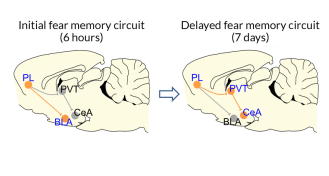 Neuroscience
NeuroscienceNewly identified brain circuit hints at how fear memories are made
A newfound set of brain connections appears to control fear memories, a finding that may lead to a better understanding of PTSD and other anxiety disorders.
-
 Physics
PhysicsSpeed of light not so constant after all
Even in vacuum conditions, light can move slower than its maximum speed depending on the structure of its pulses.
By Andrew Grant -
 Earth
EarthFaulty thermometers exaggerated western U.S. mountain warming
Defective thermometers used in snowpack and ecology research overstated warming in western U.S. mountains.
-
 Animals
AnimalsMountain migration is a roller coaster for bar-headed geese
Bar-headed geese rise and fall to match terrain below them when migrating over the Himalayas.
-
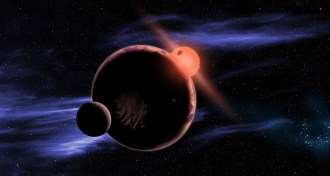 Astronomy
AstronomyRocky planets around cool stars may have Earthlike climates
Small, rocky planets that sit close to cool stars might be able to keep spinning, creating conditions hospitable to life.
-
 Life
LifeIn battle to shape immunity, environment often beats genes
The environment, especially microbes, shapes immune system reactions more than genes do.
-
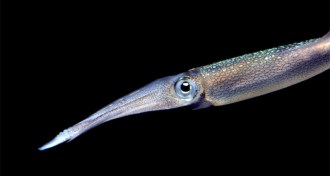 Animals
AnimalsSquids edit genetic directions extensively
In squids, RNA editing means that DNA often does not get the final say in which proteins are created.
-
 Health & Medicine
Health & MedicineAsthma may add to sleep apnea risk
A long-term sleep study strengthens the link between the two breathing disorders asthma and sleep apnea.
By Nathan Seppa -
 Health & Medicine
Health & MedicineMore oxygen may lead to more tumors
Lung cancer risk drops at higher elevations where the air is thinner.
-
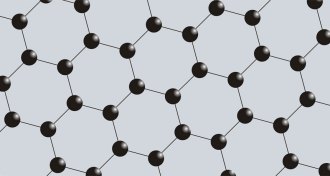 Materials Science
Materials ScienceGraphene’s allure becomes magnetic
Single-atom-thick sheets of carbon called graphene can be magnetized with the help of an insulating magnet.
By Andrew Grant -
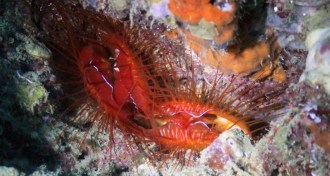 Animals
AnimalsDisco clams may flash chemical-weapons warning
Puzzling disco clam light show might warn predators not to bite.
By Susan Milius